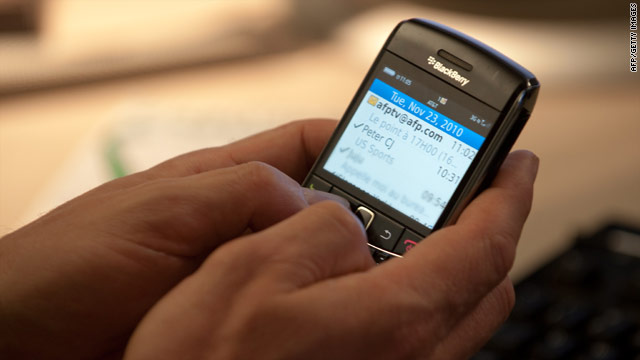
Corn that doesn't need so much nitrogen could cut America's $8-billion-a-year fertilizer bill, send less pollution into the water and less carbon into the air.
Major research is being done in Iowa and California to produce corn that can live and thrive without nitrogen fertilizer. In July of 2007 both research facilities produced such corn. Even with that, they are 5 to 10 years away from productivity. The U.S.’s corn crop is worth more than $66 billion. Rice and wheat growers around the world have reached a plateau. Corn is the only crop that continues to rise in production. We have been paying an incredible price. Not only the high cost of using nitrogen fertilizer, but the damage caused through rainwater runoff. More than half of the fertilizer is wasted by runoff. It finds its way into aquifers, flows into creeks, streams and rivers. The runoff that has reached the Mississippi travels to the Gulf of Mexico, where deadly algae blooms that deprives fish and plants of oxygen. The EPA has stated that the Gulf has the 2nd largest ocean dead zone. Scientists are still debating which has caused the most environmental damage- the BP oil spill last year or the ongoing nitrogen pollution from U.S. agriculture?
This has the potential to change not just one industry- Ag, but many-- seafood & maritime, tourism, etc. Every year the cost of environmental damage increases. This is a very hard value to put into an exact percentage or amount but we all know that it has to be one that the world focuses on









